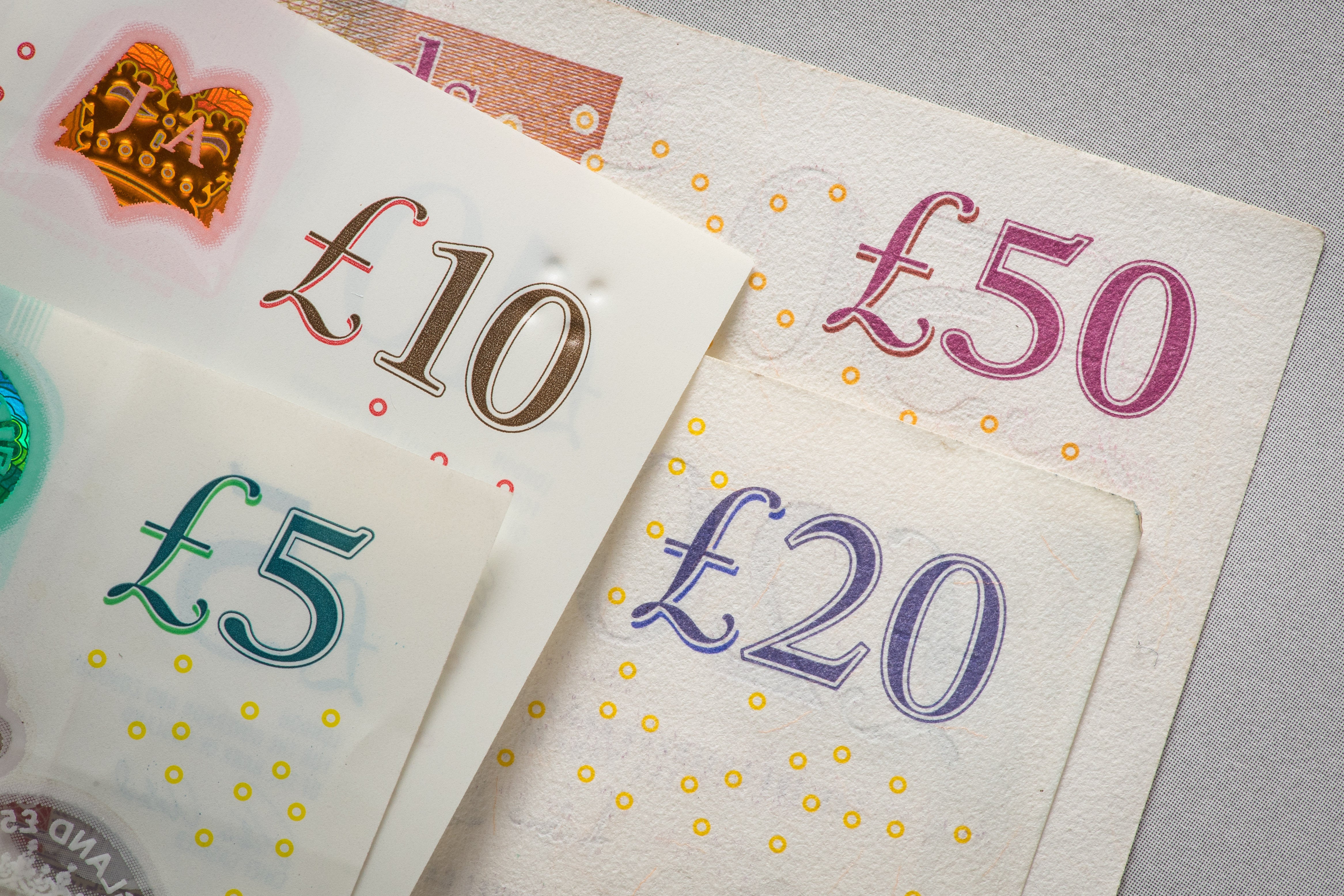What is Swift and why does the UK want Russian banks excluded from it?
Western leaders have called for Russia to lose use of the secure messaging system used by financial institutes.

Britain, the US, Canada and the European Union have announced that selected Russian banks would be excluded from the Swift global payments system.
Boris Johnson and Ukrainian President Volodymyr Zelensky both welcomed the “increased willingness” to take action against Russia following its invasion of Ukraine.
Here, the PA news agency answers key questions about Swift and why the issue is so important.
– What is Swift?
The Society for Worldwide Interbank Financial Telecommunication (Swift) is a secure messaging system used by financial institutions to move money around the world.
Instead of holding or transferring funds, Swift allows banks and companies to alert each other of transactions that are about to take place.
– Who uses it?
The platform, founded in the 1970s, connects more than 11,000 banking and securities organisations, market infrastructures and corporate customers in more than 200 countries and territories.
It averaged 42 million messages daily last year to enable payments, with about half of all high-value transactions crossing national borders going through it.
– Why is it being mentioned following Russia’s invasion of Ukraine?
It is the latest announcement following a number of sanctions that have hit Russia.
The Prime Minister told broadcasters during a visit to RAF Brize Norton: “It is incredibly important for tightening the economic ligature around the Putin regime.”
The move has been described by Armed forces minister James Heappey as the “ultimate economic sanction”.
– Why does the UK want Russia to be excluded?
Banning Russian banks from the platform would hit the country’s access to financial markets across the world.
This would cause delays and extra costs for the Russian economy, and would make it harder for other countries to make payments to Russia.
– Why has this only been announced?
Russia is the European Union’s main provider of oil and natural gas
Reports suggested there were fears among countries – including Germany, Italy and France – that banning Russia would push up prices and cut off their oil and gas supply.
The Netherlands and Germany are also key trading partners with Russia, which is a big buyer of manufactured goods.
US President Joe Biden has also been hesitant.
– What could Russia do?
It is possible banning Russia from Swift will not cut it off from the global economy as strongly as believed.
One concern is that Russia could turn to an alternative system, potentially one developed by China, which could erode the power of the US dollar.
They could even turn to tools like telephone, telex or email to engage in bank-to-bank transactions.
In 2019, then-Russian prime minister Dmitry Medvedev said losing access to Swift would be seen as a declaration of war against the country.
– Have any other countries been excluded and what happened?
The measure has been used before, when Iran was blocked from the system due to its nuclear programme in 2012.
The country reportedly lost half of its oil export revenues and 30% of its foreign trade.
It was also considered an option in 2014, when Russia invaded and annexed Ukraine’s Crimea and backed separatist forces in eastern areas of the country.
Bookmark popover
Removed from bookmarks